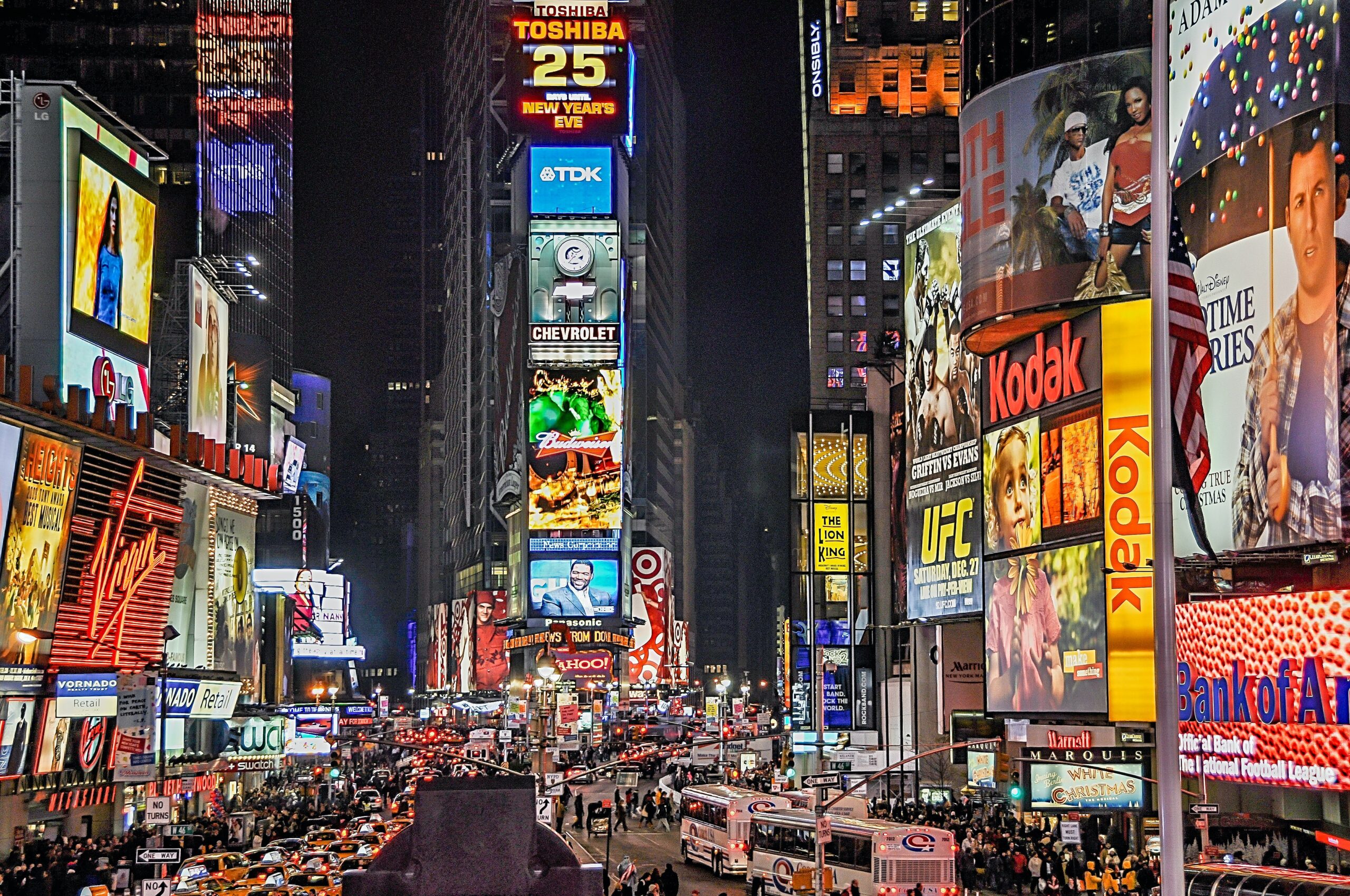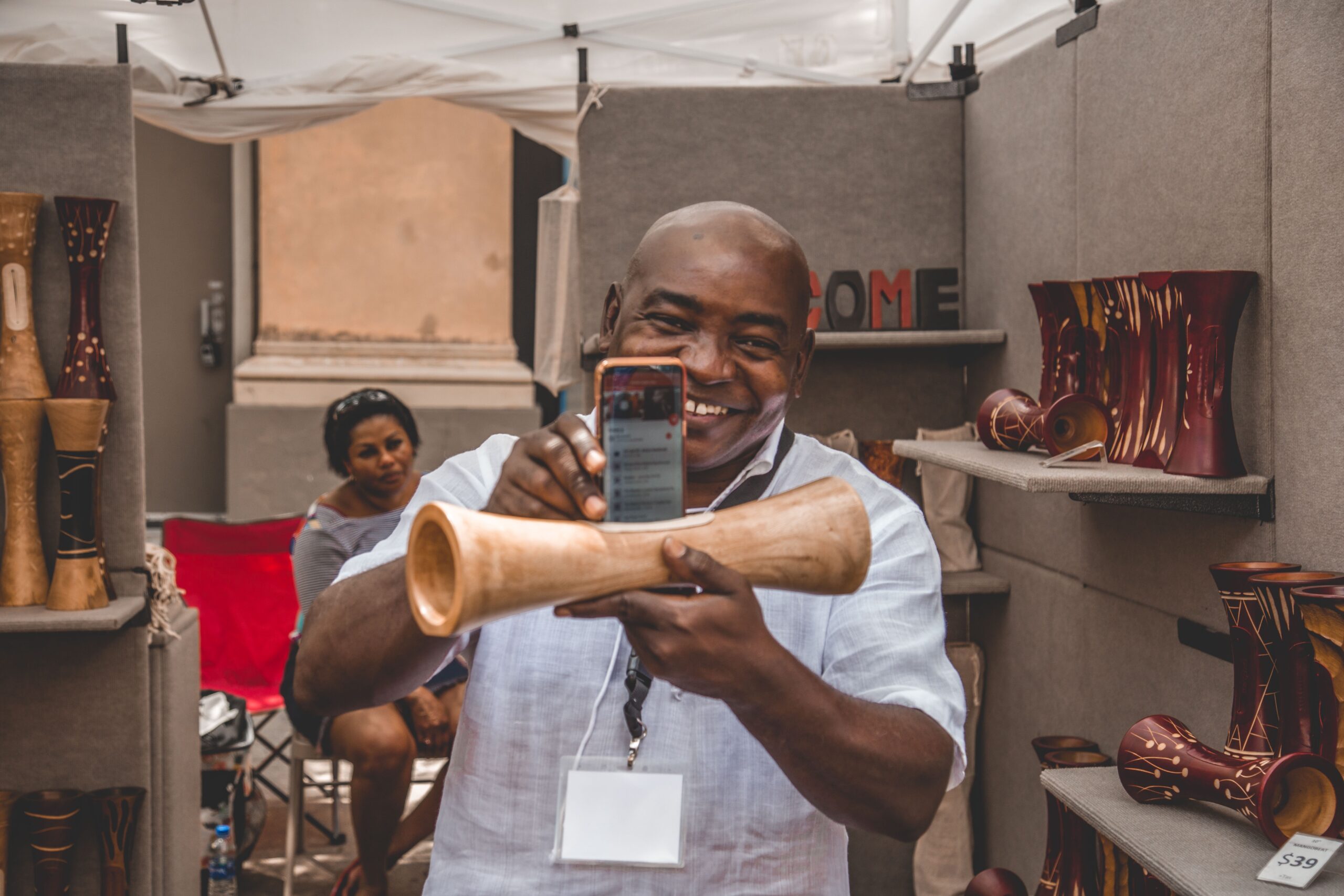WHICH CERTIFICATION SHOULD YOU BE PAYING ATTENTION TO WHEN SHOPPING?
Date
- Published July 1st, 2021
'What you do makes a difference, and you have to decide what kind of difference you want to make'
Jane Goodall

Today we will look at what guidelines you can use when trying to (sustainably) shop for new clothes. We’ll discuss some valuable certifications, besides the Organic Textile Standard that we use, that have earned a specific trust in the apparel industry.
FAIRTRADE
Fair Trade supports producers from underdeveloped countries through trading, protection of workers’ rights, preservation of the environment and the promotion of sustainability. The ‘Fair Trade Program’ is designed for farmers and workers in the factories, the people who are actually making our garments. Every ‘Fair Trade Certified’ item meets certain global standards and has a minimum price agreed upon prior to production. This provides producers a reasonable living wage and protects them from market fluctuations. In addition, it offers the possibility for workers to receive a premium that will be paid by the company/factory overseeing the process. That particular percentage of additional money is directly received by the factory workers in the USA, Sri Lanka, India, and other countries, and can be acquired in multiple forms; a cash bonus, a collective health and sanitation program and even store vouchers for medicine or other personal items. ‘Fair Trade Certified’ factories are determined by weighing the factory’s standards for health and safety, it’s respect for the environment, whether there is child labor or forced labor involved, policies on maternity and paid leave, community empowerment and if additional money is given back to workers. By requiring companies to pay sustainable prices, FairTrade addresses the injustices of conventional trade.
Furthermore, the FairTrade movement expresses high value on sustainable practices such as conserving water, restricting chemicals, encouraging biodiversity and responsible dispose of waste. In total, there are four fair trade certification labels; Fairtrade Certified Textiles, Fairtrade Certified Cotton, Fair Trade USA and the World Fair Trade Organisation (WFTO) Guarantee System. Currently, Unified Nature is not FairTrade certified yet, but is aspiring to be in the foreseeable future. Some of our partners do have a FairTrade certification, which gives us the possibility to further investigate our options.
BETTER COTTON INITIATIVE
Better Cotton Initiative focuses on sustainability, social justice, economic development principles and responsible supply chain management. BCI works with cotton farmers all around the world, providing training and capacity building on more sustainable agricultural practices. Producers must meet the core requirements of the Better Cotton Principles and Criteria in order to become licensed to grow and sell their cotton as Better Cotton. BCI systems employ good cultivation practices like intercropping and reduce use of mineral fertilizers for cultivation. These systems intend to minimise the harmful impact of crop protection practices, use water efficiently, take care of soil health and conserve natural habitats while preserving the quality of the fibres. When you see the BCI logo or ‘On-Product Mark’ on packaging, it does not mean the product is made of physically traceable Better Cotton. It means that you’re buying a majority cotton product, from a retailer or brand that is committed to sourcing Better Cotton and investing in BCI Farmers. Farmers, traders, retailers and consumers, benefit from the economic, social and ecological advantages of responsible cotton projects.
OEKO-TEX 100
OEKO Tex Standard 100 is an international lab testing and textile certification system, applicable to both fabrics and finished clothing, that gives the customer the confidence that there is no harmful chemical residue in the end garment. Products are segmented into four classes and while testing, the OEKO-TEX partner institutes take into account numerous regulated and non-regulated substances, which may be harmful to human health. In many cases the limit values for the STANDARD 100 go beyond national and international requirements.
BLUESIGN
BlueSign traces each textile’s path along the manufacturing process, making improvements at every stage from factory floor to finished product. It combines aspects of consumer safety, water and air emissions and occupational health, with a particular focus on the reduction of harmful substance usage at the early stages of production. Factories with this certificate are obliged to implement a well-functioning wastewater plan, reduce greenhouse gases, make an active contribution to climate protection and must adhere to strict working conditions guidelines.




